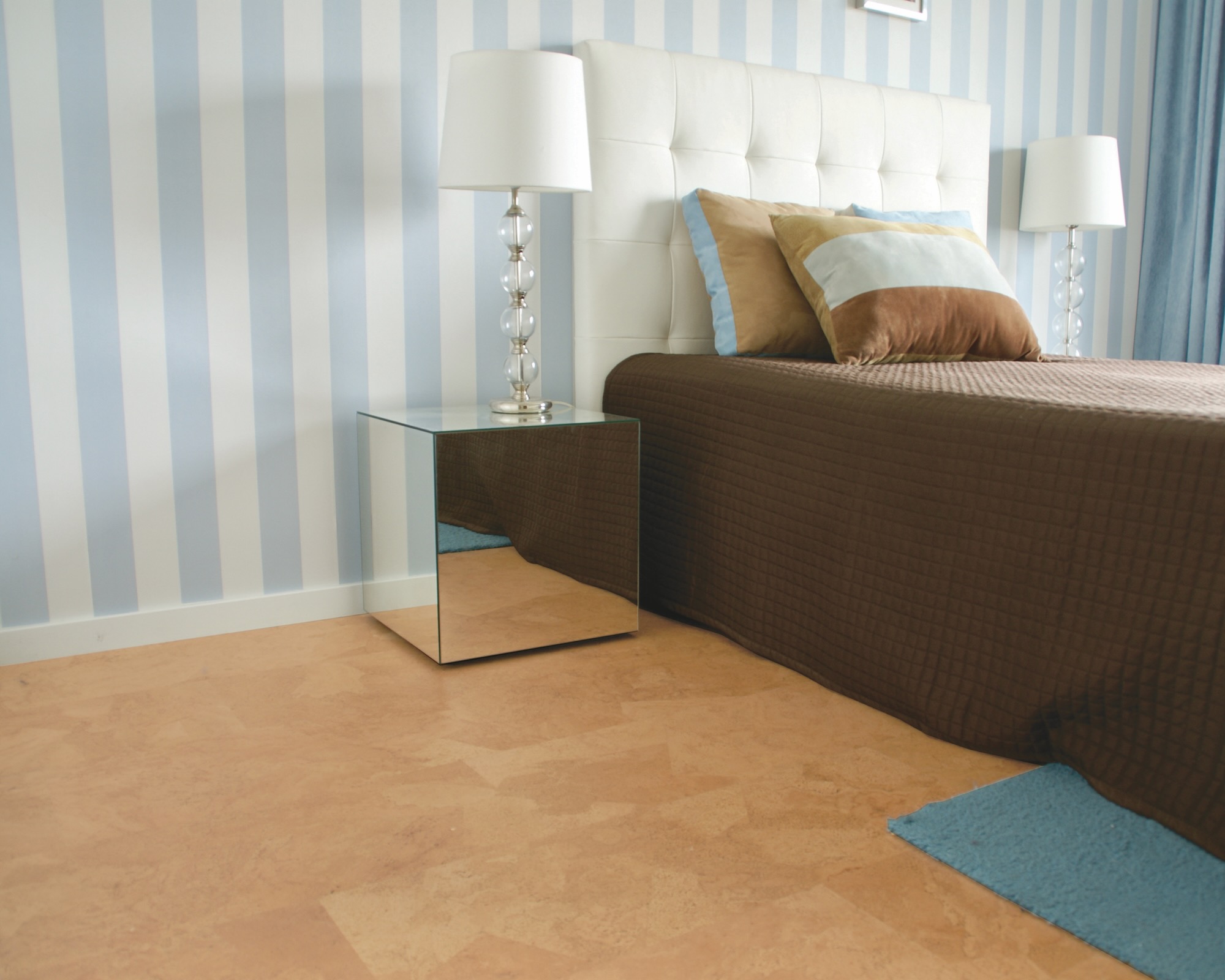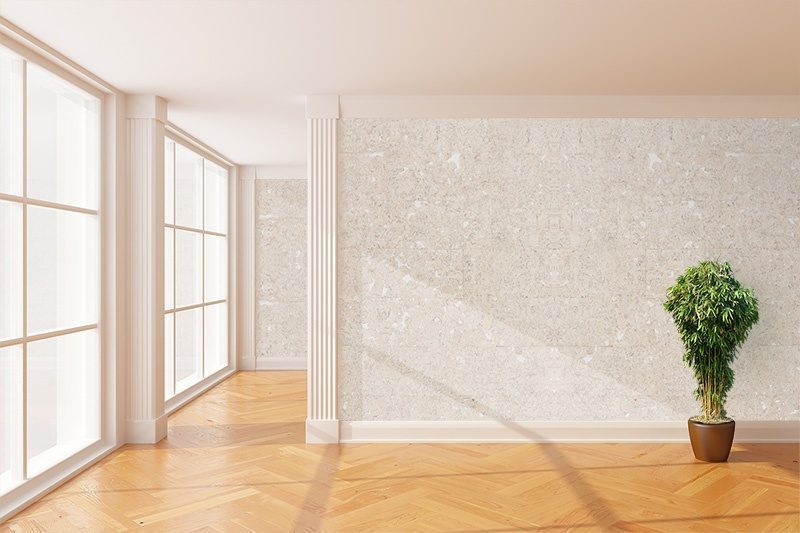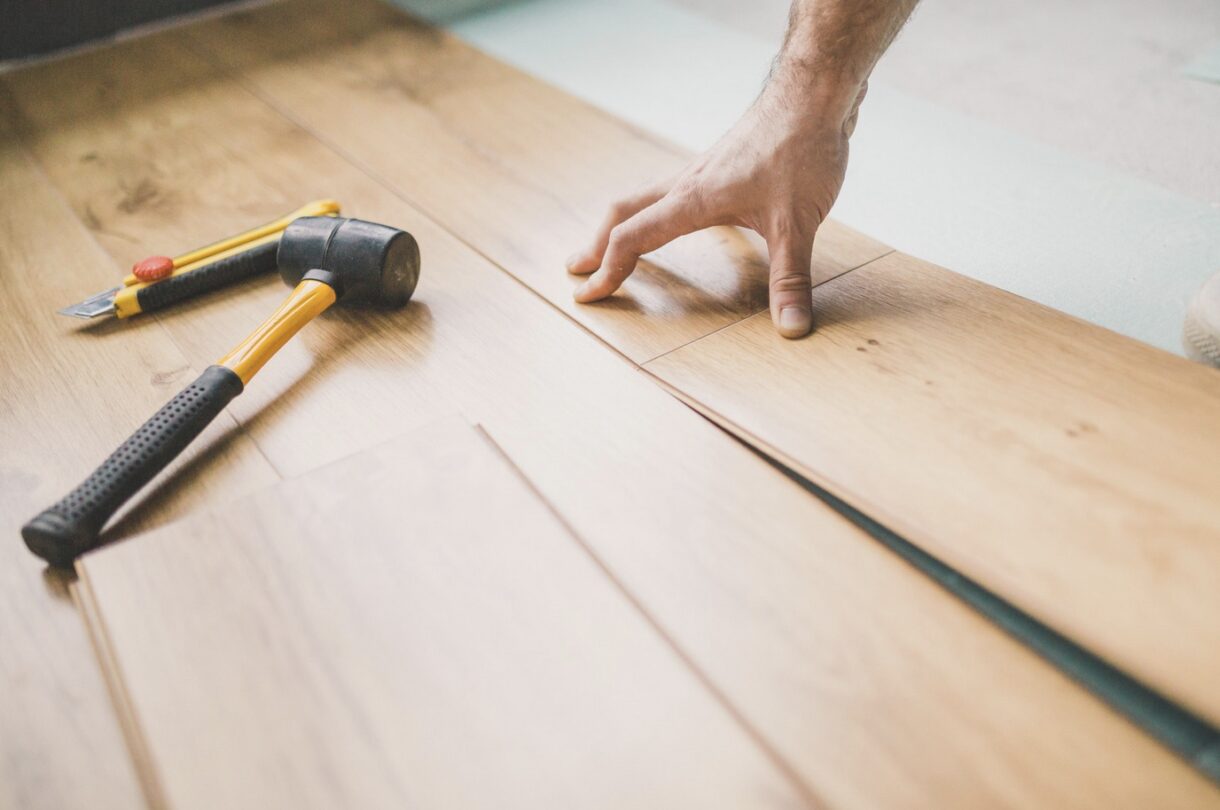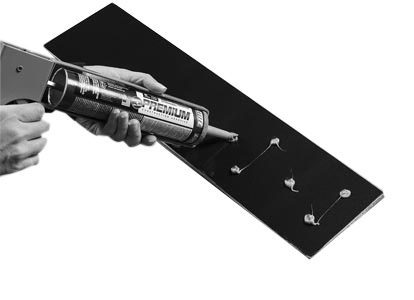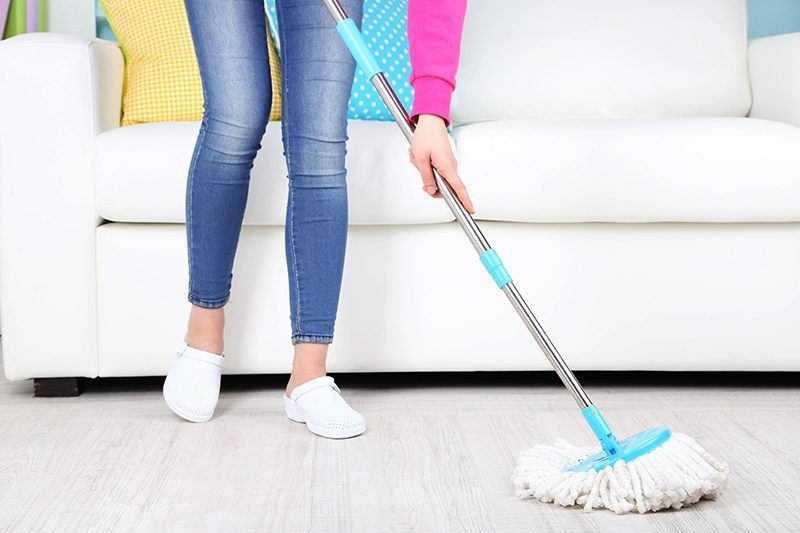Does Mold-Resistant Cork Truly Ward Off Mold?
Cork’s natural resistance to moisture makes it inherently less conducive to mold or mildew growth, but can it truly fend off mold entirely?
Can Cork Effectively Prevent Mold Growth? Our cork flooring, crafted using inorganic materials that mold struggles to break down, and our Swiss cork floating flooring, which incorporates water-resistant HDF, can certainly reduce the likelihood of mold buildup. However, manufacturers typically refrain from guaranteeing complete immunity to mold growth. Rather, we assert that our cork flooring offers superior resistance to mold-related issues. This implies that under certain conditions, mold can still find a foothold on cork flooring and cork tiles.
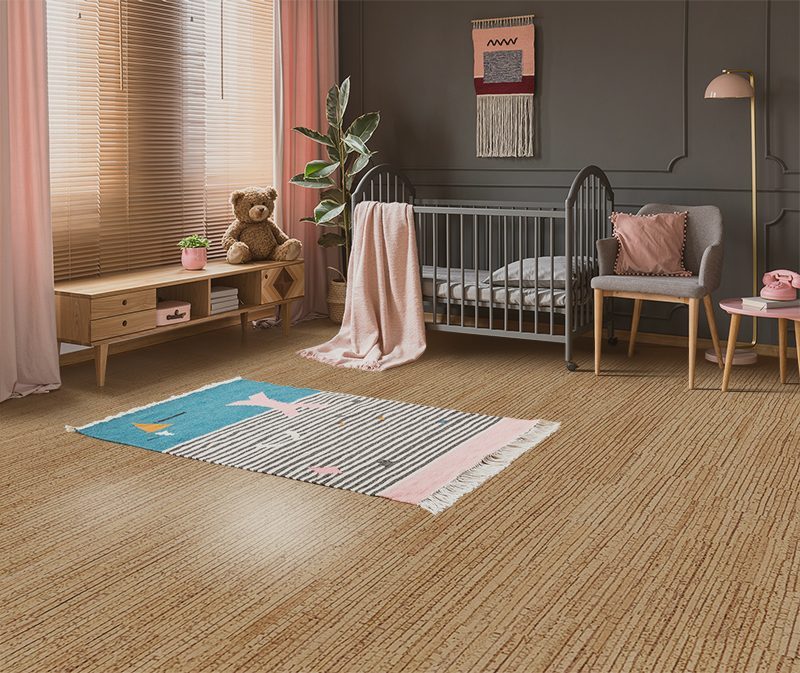
What Conditions Enable Mold Growth? It’s vital to understand that while mold cannot flourish on non-organic surfaces, it can still thrive on the accumulation of dust, dirt, dead skin cells, hair, and other minute carbon-based substances that settle on these surfaces.
This indicates that it’s nearly impossible to prevent mold spores from infiltrating an organic material that serves as a food source. Even with mold-resistant cork, mold can still obtain the necessary sustenance for its growth and expansion. While this growth may occur at a slower pace, it’s not entirely thwarted.
The most effective strategy to prevent or mitigate mold growth is by addressing moisture concerns in your home and minimizing the moisture that seeps into your flooring.
Like any living organism, mold spores require water, oxygen, food, and light (or darkness) to thrive. Since it’s impractical to completely deprive mold of food, light, and oxygen, the only controllable factor is moisture and the extent to which it infiltrates your flooring.
Therefore, it’s essential to acknowledge that manufacturers don’t advertise their products as impervious to mold; instead, they claim resistance to it. Ultimately, the outcome hinges on your proactive measures.
If you install cork flooring, cork wall tiles, or cork underlay in a damp and humid environment, mold may develop even if cork offers minimal organic sustenance. However, maintaining a dry and moisture-protected floor can further diminish the chances of mold accumulation, even with mold-resistant cork.
Cork glue-down tiles, comprised entirely of cork without an HDF core, may offer better mold prevention. On the other hand, cork floating flooring is an engineered product, and its HDF core can be susceptible to mold in excessively moist conditions, even when using Swiss cork with water-resistant HDF. Our manufacturers cannot guarantee 100% moldproofing.
It’s essential to recognize that these products are not waterproof or entirely moldproof, and such claims are not made by manufacturers.


